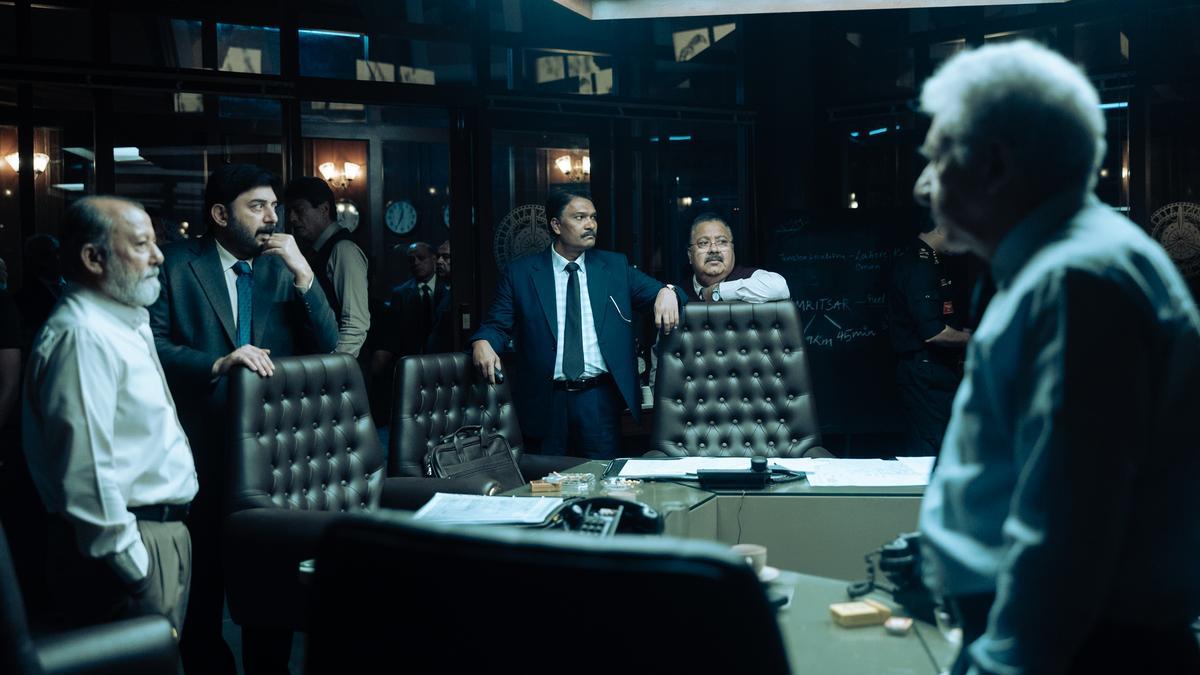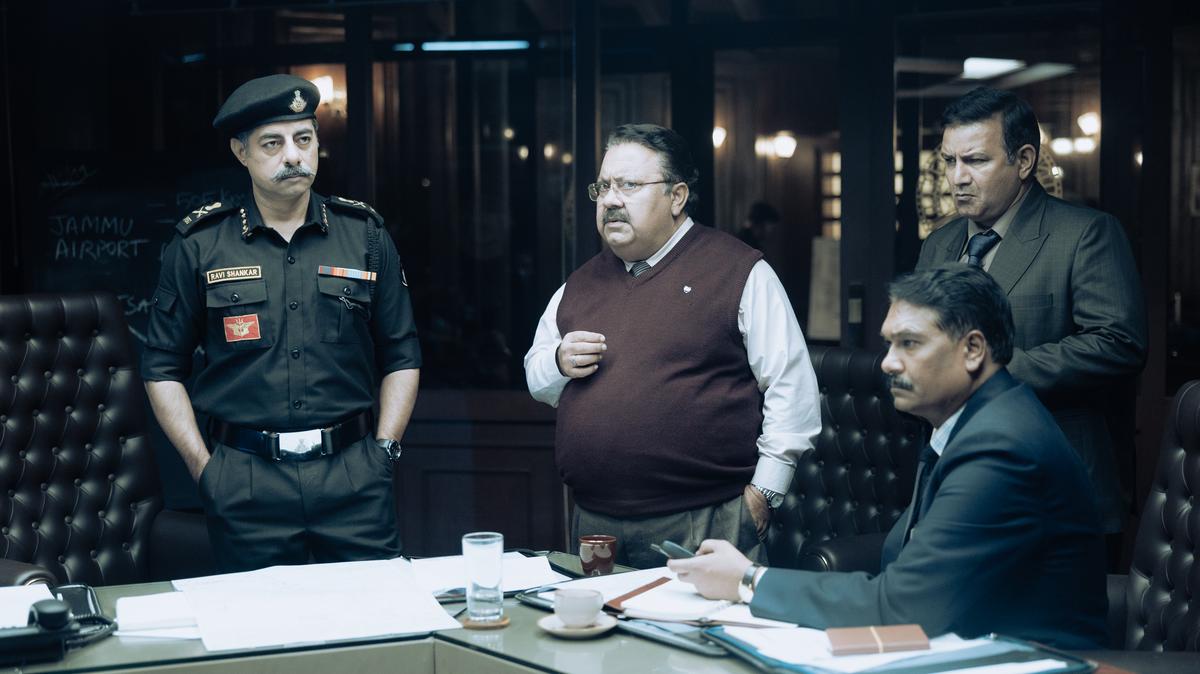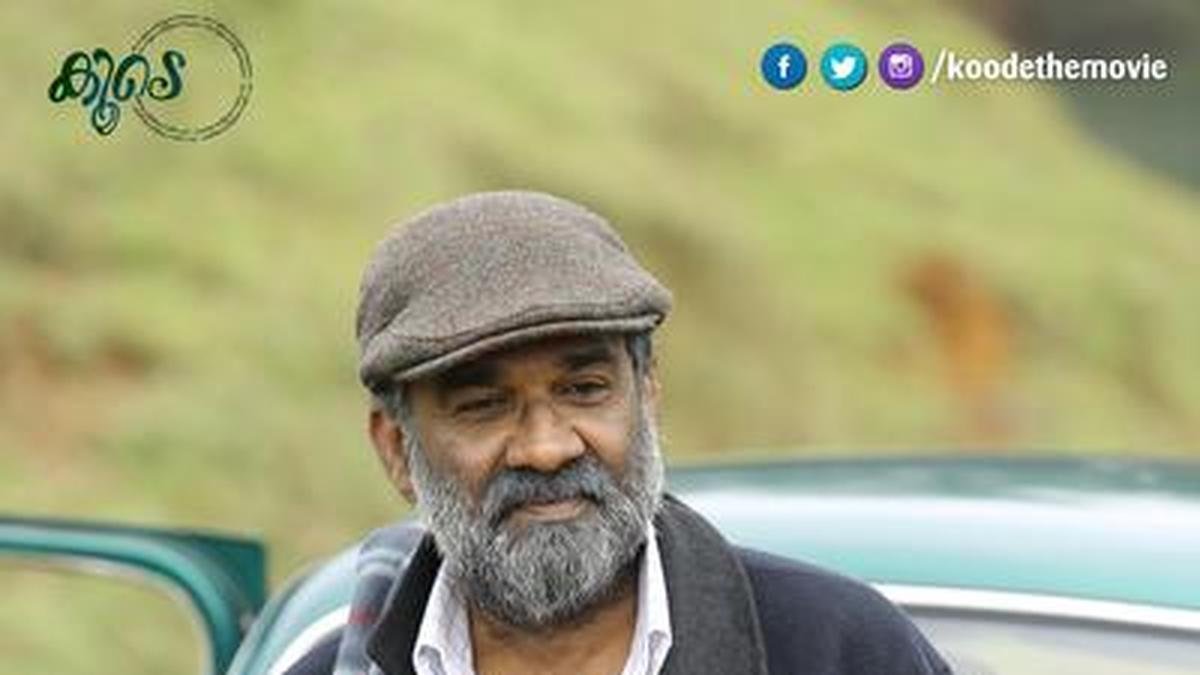On December 31, 1999, when the world was eager to embrace Y2K, Indian Foreign Minister Jaswant Singh was traveling to Kandahar in Afghanistan with three dreaded terrorists on board. Released hours earlier from Indian jails, they were part of an exchange deal for 176 passengers and crew members on board the Indian Airlines flight IC 814 that had been hijacked eight days earlier after it took off from Kathmandu.
What led to the hijack and why the Indian government succumbed to the demands of the terrorists has been a matter of discussion and interpretation in academic circles as well as popular culture. But it has largely been the story of the ‘blind men and the elephant.’ This week writer-director Anubhav Sinha revisits the period with his magnifying socio-political lens and cutting-edge technology of today to unravel the layers behind the longest hijack in Indian aviation history to find some answers and, perhaps, some solace.

Projected as a work of fiction set against the backdrop of real-life events, the action-packed series presents a balanced view of the episode without veering toward boredom. Based on Flight Into Fear, Captain Devi Sharan’s account of the hijack, the series goes beyond the brave pilot’s perspective to capture the bigger picture. From the delayed response in Amritsar to the RDX on board, Anubhav aims to provide a wholesome view of the geopolitics in the post-Pokhran and post-Kargil War period and largely succeeds in painting a compelling narrative.
Different perspectives play out without a button holding the audience. For us, 200 lives and the ignominy of being labelled as a soft state are at stake. In the worldview of Masood Azhar, the top terrorist on the swap list, the entirity Afghanistan and Palestine is being held captive. And the terrified hostages on board want to be with their family before the new millennium dawns. The series respects different points of view but calls out hypocrisy and bigotry at every turn, in a syntax that puts a smile on the face but stings as it touches the conscience.
Anubhav has a knack for creating a delicious blend of realism and drama inside the backrooms of the ‘babudom’. We have seen it in Article 15and Anek. With a stellar ensemble cast and rich material at his disposal, here, he creates an even more refined portrayal of how Indian democracy worked in the coalition era.

A still from ‘IC 814: The Kandahar Hijack’
The clipped conversations, the pragmatic nationalism, the internal hand-wringing, the diplomatic manoeuvrers, and the subtle games of one-upmanship between security agencies play out seamlessly with a ring of authenticity around them. The fine difference between how officials of different arms of the government in Crisis Management Group respond to the situation depending on the nature of their job, place in the hierarchy, and social background is delineated without any dissonance. And, in the thick of war room action, Anubhav underlines the difference between job and duty; how passing the buck during a crisis doesn’t help the cause. The series subtly underscores that if Afghanistan has multiple players, India also has varied voices that take time to come together for a common cause. That one can easily sell Pakistan’s betrayal every time to the media but the geopolitics is much more complex. And that sometimes, personal interests override political sagacity in the Great Game.
‘IC 814: The Kandhar Hijack (Hindi)
Director: Anubhav Sinha
Cast: Vijay Varma, Naseeruddin Shah, Pankaj Kapur, Arvind Swamy, Manoj Pahwa, Dia Mirza, Patralekhaa
Episodes: 6
Run-time: 35-45 minutes
Storyline: A retelling of the infamous hijacking of Indian Airlines Flight IC 814 in the final days of 1999
There is plenty to read and chuckle over the content between the lines. The seemingly casual debate over coffee and tea carries a larger meaning. When the Captain cleans the toilet line, it becomes a metaphor for the call of duty. When the condescending officials find Indian toilets in Kandahar, they find they have to squat in the Taliban territory.
While mapping a robust procedural, Anubhav doesn’t let go of the human drama and his sardonic humour. The best part is that the series doesn’t milk the tragic situation to wallop emotions. The VFX team proves to be a solid supporting actor in recreating the period. Intelligently integrating archival footage and computer-generated imagery, the series provides an immersive experience. The sure-footed camerawork by Ewan Mulligan and Ravi Kiran Ayyagari keeps one’s imagination kindled. Over the years, hijack has been a common theme in the Hindi entertainment space but the series still manages to catch you off guard, with its blend of emotion and action.
Vijay Varma is the perfect choice for the role of the Captain courageous, Sharan Dev, who keeps hope afloat in trying circumstances. With little physical elbow room to perform, Vijay conveys a gamut of emotions that the hijack generated through his expressive face. Heroic, without making a show of it, Vijay is the heartbeat of the taut series.

If Vijay is the heart, Anubhav has tastefully curated a flock of powerful performers as the ticking mind of the series. Pankaj Kapoor shines as the foreign minister Vijaybhan Singh tasked with marshalling his troops on the diplomatic front. The ace of the pack is Manoj Pahwa as he gets into the skin of a hard-boiled intelligence official whose negotiation skills with hijackers generate gallons of guffaws. Despite a bulky frame and gas in the tummy, his Mukul comes across as the most aggressive official on the ground. His crackling conversations with the suave Arvind Swamy, playing an absolutely credible MEA official from the South Block, form one of the highlights of the series. Together with a set of consummate actors like Kumud Mishra, Naseeruddin Shah, Kanwaljeet Singh, Aditya Srivastav, and Dibyendu Bhattacharya, they create plenty of memorable moments. The female actors, particularly Patralekhaa and Additi Gupta, also leave an impact.

Manoj Pahwa as Mukul Mohan, Aditya Srivastav as V K Agarwal, Kumud Mishra as Ranjan Mishra in ‘IC 814: The Kandahar Hijack’
| Photo Credit:
Courtesy Of Netflix
There are passages where it feels that after drawing from real events, Anubhav stops short to create his version of the elephant. The series with over a hundred characters is curiously silent on the role of the then Home Minister and other ministers in the CMG and doesn’t deliberate on the absence of the defence minister from the war room. Like real life, the series also safely keeps the plot around the foreign minister. The disclaimer says that the names have been creatively conceptualised. Still, while the names of Indian politicians and bureaucrats have been completely changed, those of terrorists, their handlers, and Taliban leaders have either been retained or are very similar to their real identities.
Meanwhile, comedian Rajeev Thakur, cast against type as the ‘Chief’ of hijackers, proves to be a weak link. One understands he is brought into the mix because the script demands a maniacal misfit but he fails to generate the dread of a monkey with a dagger. While the conversation on the sedate but accurate print versus the breaking but frenzied electronic media is timely, the way it plays out feels rather perfunctory in a series that is otherwise measured all the way.
IC 814: The Kandahar Hijack is streaming on Netflix




